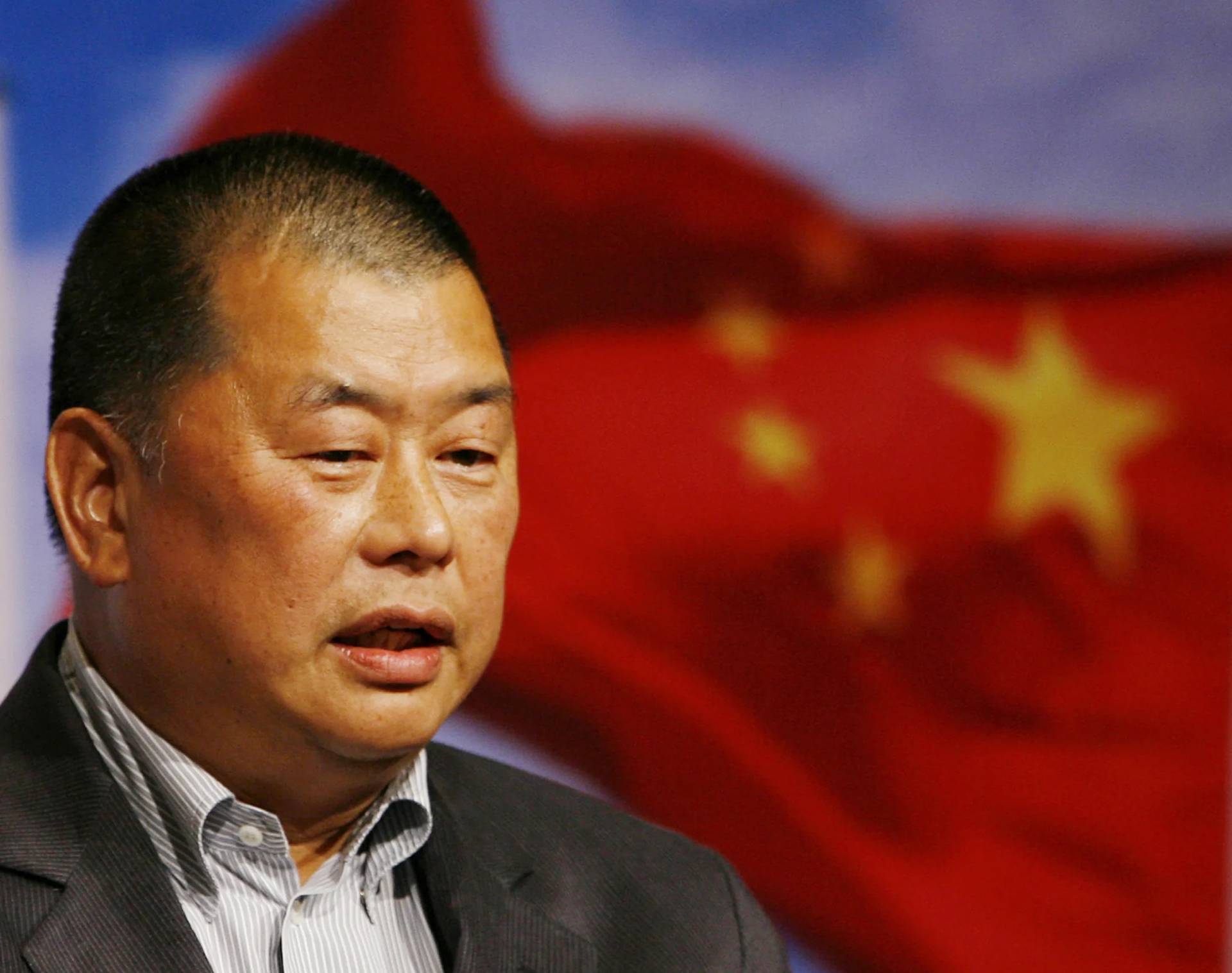MUMBAI – Two days after priests and laity in the Syro-Malabar Church defied the deadline imposed by a papal delegate to adopt a new mode of celebrating Mass or face canonical punishment, including excommunication, a leading priest in the church has written the Vatican to accuse that delegate of acting like “an erstwhile inquisitor of the Middle Ages.”
Father Kuriakose Mundadan also insisted that refusal to adopt the new rules for the Mass is a matter of “deep personal conviction” rather than “disobedience.”
A spokesman for the Syro-Malabar Church dismissed Mundadan’s statements, telling Crux they amount to “just the cry of the losing party.”
Mundadan is secretary of the Presbyteral Council of the church’s Archeparchy of Ernakulam-Angamaly, its primatial diocese and by far the largest Syro-Malabar jurisdiction. It’s been locked in controversy since 2021, when the bishops who make up the governing synod of the church decided to impose a uniform method of celebrating the Mass which requires the priest to face the people during the Liturgy of the Word and the altar during the Liturgy of the Eucharist.
That’s been strenuously opposed by many priests and Mass-goers in Ernakulam-Angamaly, who insist that Mass facing the people throughout is their local tradition.
In an effort to resolve the controversy, Pope Francis in late July named Slovakian Archbishop Cyril Vasil, a former number two official in the Vatican’s Dicastery for Eastern Churches, as his delegate to Ernakulam-Angamaly. Vasil had set a deadline of Sunday, Aug. 20, for all priests to offer Mass in the synod-approved fashion, but according to reports, only around 7 of the archeparchy’s 328 parishes complied.
Afterwards, Mundadan wrote to Italian Cardinal Pietro Parolin, the Vatican’s Secretary of State and thus the top aide to Pope Francis, to lay out the reasons for the refusal and also to question Vasil’s authority.
In the letter, Mundadan like an “erstwhile inquisitor of the Middle Ages”, who trying to present the protesting priests as “schismatic” before the public.
“It is felt like he is acting like an inquisitor of the Middle Ages regarding the means he is taking to execute his mandate,” Mundadan said of Vasil.
“As long as [Archbishop] Vasil and his delegation continue to operate in any form in Kerala, the Holy Father’s reputation will continue to be tarnished because of his un-Catholic manner of carrying out his mandate,” Mundadan wrote.
Kerala is the state in southern India in which Ernakulam-Angamaly is located.
“It is rumored that he wants to form a tribunal to do inquisition of every priest,” Mundadan wrote. “Posters have already surfaced on social media depicting Papal Delegate [Archbishop] Vasil as an inquisitor. Such a move will do irreparable damage to the Holy Father’s image.”
Mundadan accused Vasil of having “weaponized the Holy Mass to execute his mandate”.
Mundadan also insisted in his letter to Parolin that the refusal to adopt the new mode of celebrating the Mass is not tantamount to disobedience to the pope.
“Notwithstanding the severe warning of canonical measures in the letter of Archbishop Vasil dated August 17, 2023, and the threats he issued through the media, 99 per cent of priests opted to celebrate facing the people,” the letter stated.
“Unfortunately, two parishes were closed as the parishioners denied consent to the priests of these parishes to celebrate synodal Mass,” Mundadan wrote. “One can only view this development as a deep personal conviction of (the) priests and faithful rather than disobedience. This also demonstrates the fact that even if (the) priests decide to celebrate [the] 50/50 Mass, the faithful will resist it in their parishes.”
In a separate letter to Vasil, Mundadan noted that Vasil has asked priests of the archeparchy to sign letters pledging their obedience to the pope and the bishops. Mundadan said that he was summoned for a supposedly confidential meeting with Vasil on Aug. 19 in which he was presented with such a letter, and given until Aug. 22 to respond.
In the meantime, Mundadan charged, a picture of the meeting had appeared on social media sites, along with details of the follow-up meeting scheduled for Aug. 22, both of which were supposed to be confidential. According to Mundadan, the only person to take a picture of the meeting was Vasil’s secretary.
Mundadan also claimed that Vasil had shown him declarations signed by two bishops, prompting him to fear that his own letter might he shown to others.
“I am very sorry to say that I have lost the basic trust in you due to the above stated facts,” Mundadan told Vasil. “Once I receive your responsible reply to the above observations, I shall ponder over whether to submit the given declaration to you and if I decide to submit, I shall do it in the most appropriate way.”
An Aug. 23 statement from the Syro-Malabar Church indicated that Vasil had completed the first phase of his mission, and would return to Rome to brief Pope Francis and Vatican officials on his findings.
He remains the papal delegate for Ernakulam-Angamaly, according to the statement, and will return at some future point. In the meantime, it said, “mechanisms for follow-up have been formed in the archdiocese.”
In response to a Crux request for comment, the spokesman for the Syro-Malabar Church, Father Antony Vadakkekara, rejected the claims made in Mundadan’s two letters.
“Fr. Mundadan’s letter to Cardinal Parolin is just the cry of the losing party in an unjust resilience,” he said. “Also it is intended to cover up the attack against Archbishop Cyril Vasil, the papal delegate for the Archeparchy organized by the dissident group.”
“The letter to the papal delegate is an explicit expression of disobedience from the part of Fr. Mundadan,” Vadakkekara said.













